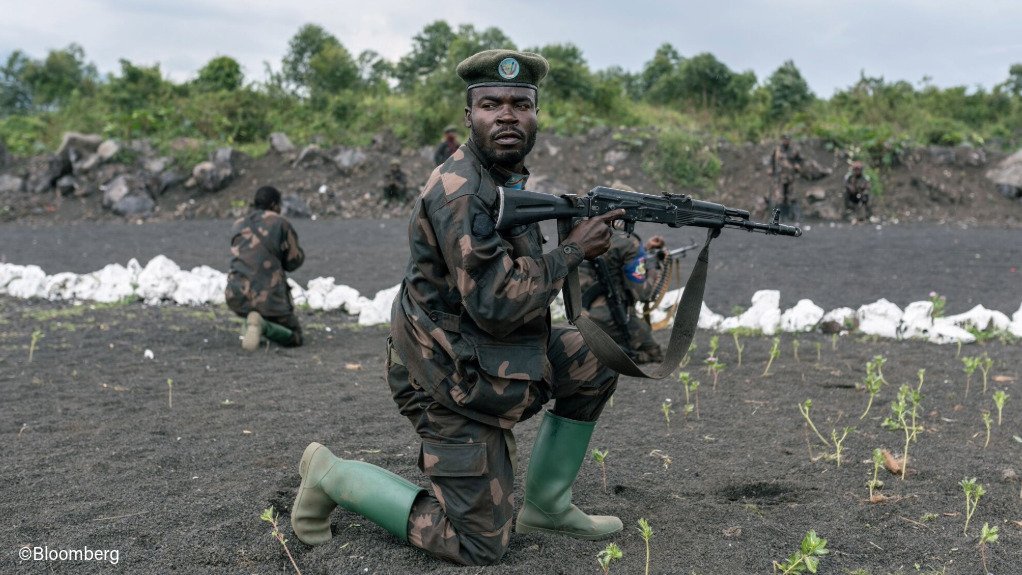Companies buying metal sourced from central Africa could be exposing themselves to UN sanctions for supporting war in eastern Democratic Republic of Congo, according to a report by UN experts.
Congo’s trade in gold, tin and tantalum, a key mineral in portable electronics, is directly supporting armed groups involved in widespread human rights abuses and fueling one of the world’s deadliest conflicts, the experts said in the report published on Monday.
In the last year, multiple armed groups have taken over one of the world’s biggest tantalum ore sites in Congo, Rubaya, making it “ineligible for trade, according to the Group of Experts’ due diligence guidelines,” the group said. The site’s takeover presented a “serious risk” that its tin ore or tantalum could “contaminate” the supply chain from the region.
Congo and Rwanda provided more than 60% of the world’s tantalum in 2023, according to estimates by the US Geological Survey, which considers it a “critical mineral.”
The group created its due diligence guidelines for companies in 2010 at the direction of the UN Security Council as part of an international movement to stop the purchase of minerals that fund conflict in Congo.
“Violations of the group of experts’ guidelines, particularly through actions that result in the financing of conflict actors, are sanctionable by the UN Security Council,” according to Gregory Mthembu-Salter, who helped write the guidelines.
The experts’ report shows the standards, along with related conflict-minerals laws in the US and EU, have had limited effect on cleaning up the lucrative trade. The current humanitarian crisis — with millions displaced due to the fighting — is “unprecedented,” according to the report.
Much of Congo’s minerals illicitly cross the border into Uganda, Rwanda and Burundi, where they’re sold into major international markets and end up in consumer goods.
The regional trade in gold, which is easily smuggled in small quantities due to its high value, is worth multiple billions of dollars and has become a key source of financing for armed groups, according to the experts.
“The exploitation and trade of gold continued to be a crucial source of enrichment for armed groups and some” members of Congo’s army in northeastern Ituri province, while armed groups controlled most of the trade in large parts of South Kivu province, the report said.
ARMY ‘DIVERTED’
Congolese army “financial resources and soldiers were diverted from the fight against armed groups to the protection of private interests in the mining sector,” the group said.
More than 100 armed groups are active in eastern Congo fighting for land, resources, political representation and security.
In a statement on Monday, the US State Department said companies needed to do extra monitoring of their supply chains from Congo, Rwanda and Uganda in light of the group of experts’ report.
While firms can still source minerals from the region responsibly, “other companies appear to have eased their focus on meaningful due diligence,” the State Department said.
The US called for more engagement by companies all along the supply chain to reform and increase the transparency of “flawed” industry-led mineral tracing systems currently in place.
EMAIL THIS ARTICLE SAVE THIS ARTICLE
To subscribe email subscriptions@creamermedia.co.za or click here
To advertise email advertising@creamermedia.co.za or click here











